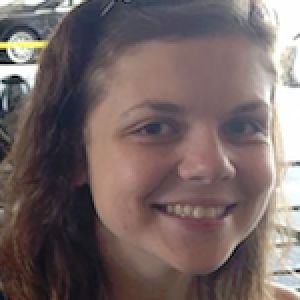Gratitude Postdoctoral Fellows
As part of a second phase of our Expanding Gratitude project, we funded research by three promising postdoctoral scholars. All three of these projects build on research conducted by faculty in the first phase of this project, with each postdoctoral scholar extending this work in new directions.
-

Nadia Chernyak
Boston UniversityNadia Chernyak is a postdoctoral researcher working with Peter Blake (Boston University) and Yarrow Dunham (Yale University). Her ongoing studies are investigating the development of direct and indirect altruism in early childhood. Researchers already know that young children are highly prosocial, but know relatively less about the mechanisms that enable young children’s kindness towards others. Her studies look at the extent to which gratitude (e.g., recognizing that one has received help from others) enables prosocial behavior. She also looks at how other types of early-developing capacities (e.g., theory of mind, proportional reasoning) interact with gratitude in early childhood.
-

Amie Gordon
UC San FranciscoAmie Gordon is a social-personality psychologist who studies the factors that help and harm close relationships. She is working with Wendy Berry Mendes at UC San Francisco to investigate the effects of sleep on gratitude in close relationships. Scientists know that poor sleep hurts relationships, but don’t really know why. Recently, researchers have shown that gratitude plays an important role in promoting relationship quality. Extending this work to the domain of sleep, Amie and her colleagues are examining whether poor sleepers are less grateful for their partners psychologically, behaviorally, and physiologically. These findings will help better illuminate how sleep (or lack thereof) impacts relationships, which are so critical for health and well-being.
-

Eric Pedersen
University of MiamiEric Pedersen works with Debra Lieberman and Michael McCullough at the University of Miami. To date, gratitude has been largely overlooked in the study of the evolution of human cooperation. However, Eric and his colleagues think that gratitude plays a key role in all types of cooperative relationships in humans: They propose that the evolved function of gratitude is to motivate the formation and strengthening of cooperative relationships by signaling to another person that he or she is valued. Thus, their research program seeks to answer two fundamental, theoretically unifying questions: (1) Why did gratitude evolve? and (2) What information is processed by the brain to produce gratitude?
